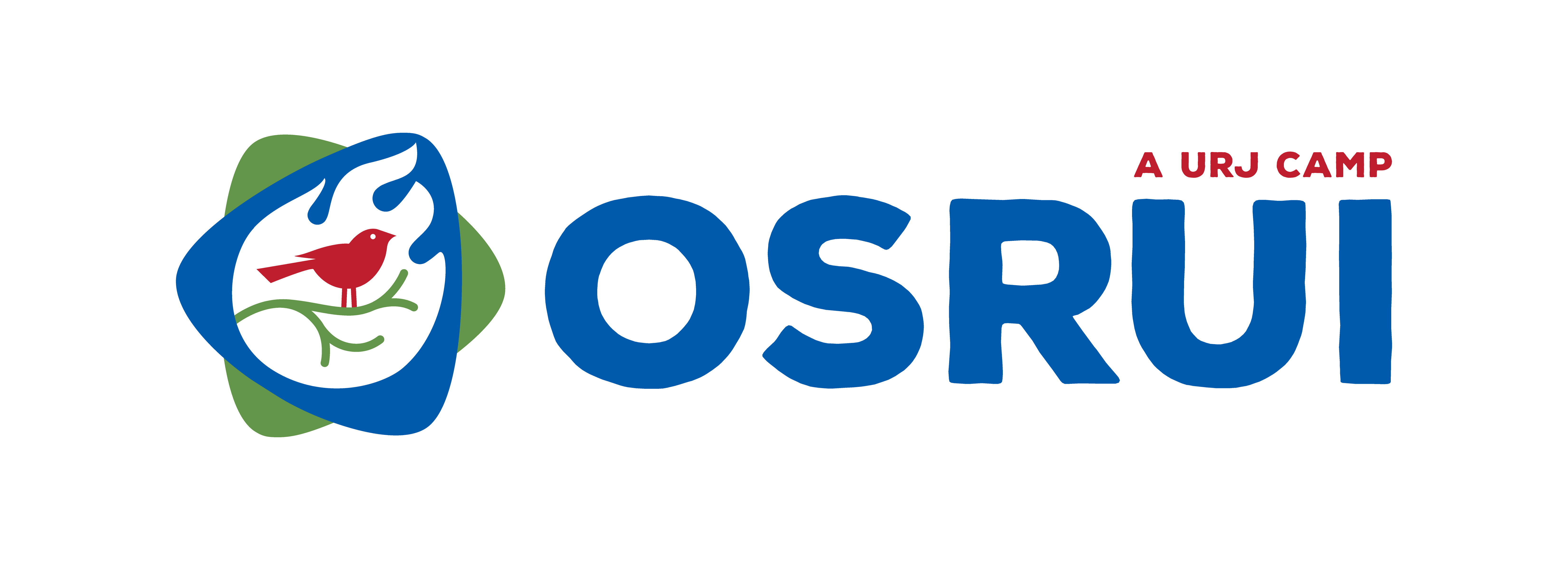By Rabbi Toby Manewith, Director of Education at Emanual Congregation in Chicago, IL
Captain Shemesh (Sun) and Mistress Mayim (Water) are standing in front of the collected campers of Kibbutz HaTzofim on a sunny morning talking about how they saved Tevatown (a fictional city right outside Oconomowoc) from the evil Dr. Sludge. The madrichim (counselors) enthusiastically playing these roles arrived to kick-off the limud (Jewish study) for the session. The topic is teva (nature).
As the skit ends, a chanich (camper) is called away from her group for pill call. As she walks past us, we overhear her say, “Dang-it! I’m missing a really fun limud.”
This is camp, a place where children savor every moment, Jewish learning included.
As the morning’s activity continued (and our new friend rejoined her group), chanichim (campers) debated about the best use of land in Tevatown. They wrote skits and gave impassioned speeches about their favored project, among them a housing development, a wind-farm, a landfill, and a nature reserve. They easily backed up their points with Jewish texts, and began to see that Judaism is woven into the fabric of their lives and everyday choices.
As part of a running gag, every time someone mentions trees, a madrich stands up and screams “The trees?! I SPEAK for the trees!” Yesterday, as the chanichim prepared their debates, one stood up and yelled, “The Torah?! I SPEAK for the Torah!” At camp, they learn that the Torah belongs to them; they embrace it.
The previous day during tefila (prayer) we had asked the chanichim to tell us about a prayer that they felt resonated with them. A returning chanich said that at first, when he read a prayer about Jerusalem, he felt distanced from it, feeling that it didn’t have anything to do with him. After he reflected for a moment, she shared that OSRUI is like Jerusalem for many of our chanichim, himself included, filled with spirit, with holiness.
At OSRUI, we are privileged to see chanichim grow and learn in so many ways. Some learn to water-ski or master the high ropes course, others make a bed or clean a table for the first time. In Tzofim, chanichim have the added responsibility of preparing meals, tending the garden and taking care of the animals. It is a even more wonderful to watch them grow in Judaism and watch them make it their own. As a member of the Segel (faculty) we see the holiness the describe in their learning, in their growth, and their connection to nature and one another.
